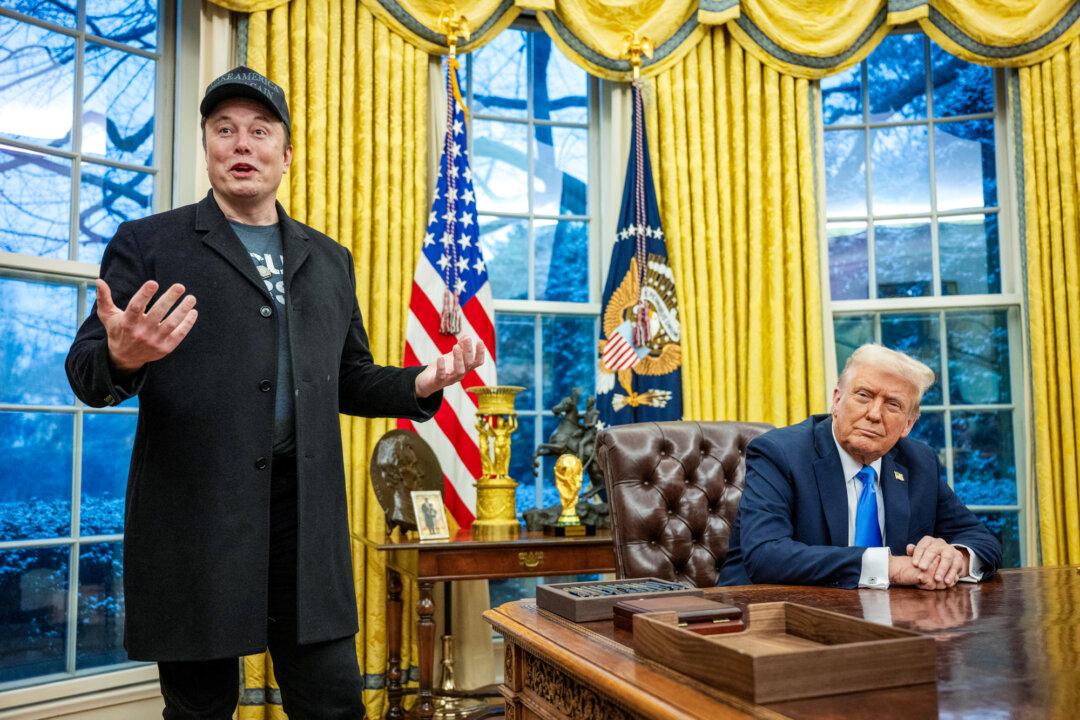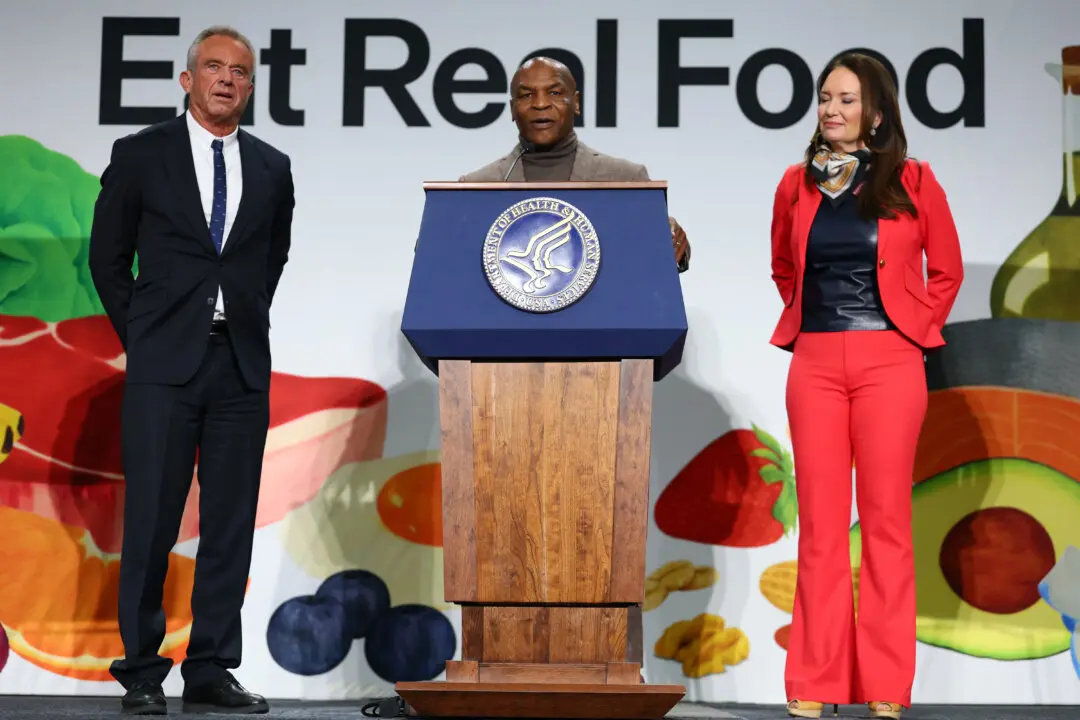Commentary
There are two portals of money in every institution: money coming in and money going out. Keeping track of that in both directions is the key to operations. The final number can reveal profits or losses, surpluses or deficits. Regardless, the accounting books are the beating heart of every institution.





